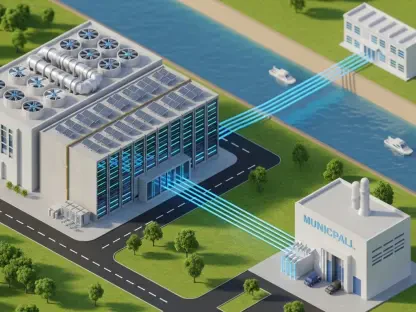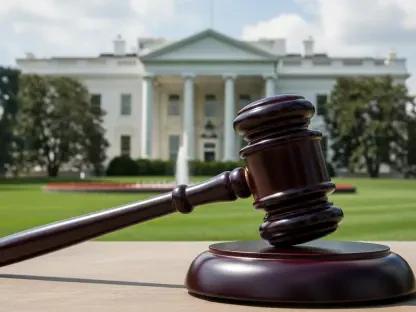The establishment of a new migrant detention facility called “Alligator Alcatraz” situated in the Everglades becomes a focal point in the ongoing political dialogue surrounding immigration policy in the United States. This facility, introduced under the Trump administration, symbolizes its robust approach to border security, aiming to streamline deportation processes. Former New Hampshire Governor Chris Sununu, recognized for his moderate Republican stance, accentuates the strategic importance of this detention center within a broader defense and border funding agenda exceeding $200 billion. Located at the Dade-Collier Training and Transition Airport, the center’s goal is to expedite deportations effectively, with a capacity to accommodate up to 5,000 detainees. Despite criticism and legal disputes facing this initiative, Sununu’s emphasis lies in its role as a minor yet significant component of the administration’s overarching border security objectives.
Comprehensive Immigration Reform Ambitions
Sununu voices strong advocacy for comprehensive immigration reform, articulating the potential for Republicans to spearhead the introduction of a conservative reform bill. He warns against waiting until Democrats might gain legislative control, potentially advancing their version of reform measures. The political climate presents Republicans with a unique opportunity to harness public backing, chiefly in border and defense initiatives, reflecting popular sentiment amid mixed reactions on healthcare cuts, particularly concerning Medicaid. Sununu underscores the critical lack of strategic planning by Republicans to effectively communicate these Medicaid changes as part of Trump’s legislative priorities. This failure arguably compromises the administration’s ability to retain public support, given that while the border security initiatives may resonate with citizens, the proposed cuts to Medicaid elicit dissatisfaction, threatening the cohesive reception of the broader legislative agenda.
Political Implications and Public Perspective
The newly unveiled detention facility invites intricate narratives, interweaving Sununu’s perspectives with the broader implications for immigration policy amidst an environment of divided public opinion and active political engagement. This facility, developed through collaboration between Florida leaders and the federal government, represents more than an operational asset but a symbolic linchpin within the contentious debate over immigration. It serves as a testament to the administration’s resolve in addressing border security while simultaneously sparking legal challenges and public discourse. The overarching political landscape reveals a nuanced tapestry of immigration policy, intertwined with Republican and Democrat efforts to shape legislative priorities reflective of their core values. This positioning, as highlighted by Sununu, becomes a central element in the ongoing discussion, inviting an evaluation of strategy, public support, and the potential outcomes of legislative reform attempts.
Future Considerations and Strategies
As the facility operates, attention shifts to future strategies aiming to align legislative efforts with broader public interests, reducing dissatisfaction. Immigration policy’s complexity demands nuanced approaches that balance security needs with humanitarian concerns. Sununu suggests Republicans must develop and promote a persuasive narrative about their reform proposals. This strategic communication is crucial for policy advancements to resonate positively with voters. The facility showcases the complex interaction between political agendas, public sentiments, and policy manifestation in physical infrastructure. It urges stakeholders to unite diverse perspectives within a cohesive framework. As public discourse and policy progress, balancing enforcement with empathy remains essential, paving the way for comprehensive collaboration on immigration challenges. Focus centers on bridging ideological divides and promoting constructive dialogues, facilitating effective reform interventions.









